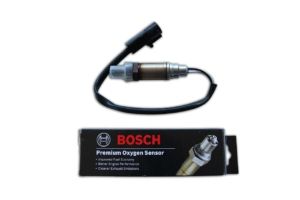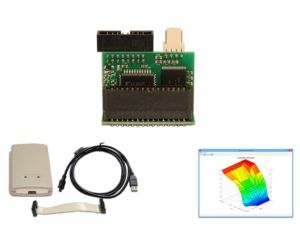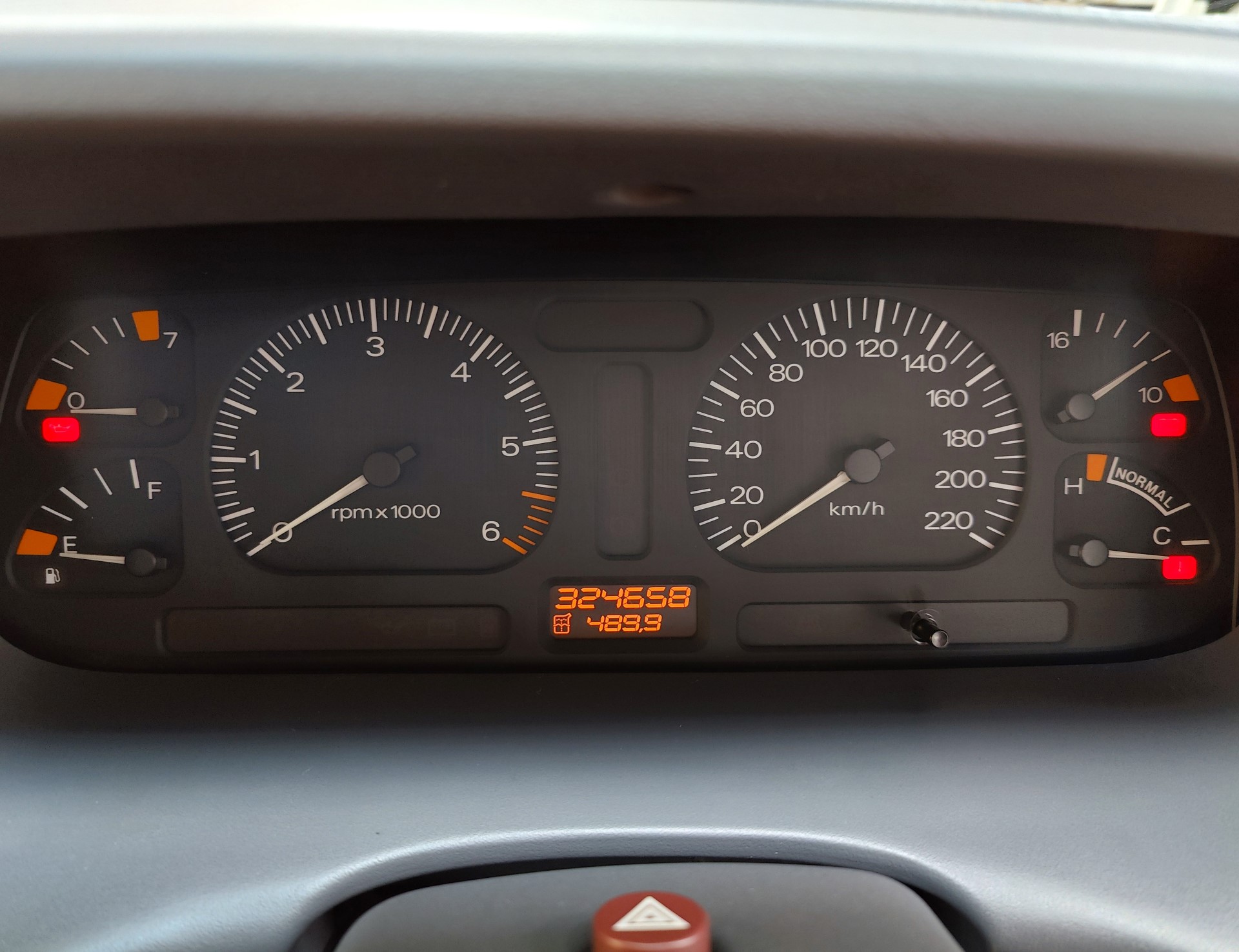Ford Falcon Fuel Economy Guide
Fuel economy is increasingly an important aspect of motor vehicle ownership. From the sky-rocketing cost of fuel to environmental concerns, its never been more important to maximise your fuel economy.
In this article we’ll lay out some key tips to improve your fuel economy, and make your car go further on a tank of fuel.
General Vehicle Maintenance
Before we get to the engine itself, there are a number of general vehicle maintenance factors that can have an impact on fuel economy and fuel consumption.
Top tips:
- Your Oxygen Sensor plays a critical role in allowing the ECU to monitor unburnt fuel in the exhaust and trim the fuel map to get the most efficient Air:Fuel Ratio. If your O2 sensor is old, its response can be slow or non-existent and this will result in the car using the default safe and rich fuel map. Replacing your O2 sensor can have a huge improvement on economy. We have a range to suit many models in stock.
- Check that the engine warms up to the correct operating temperature. A stock or cold thermostat will leave the engine running cold, which puts the ECU into cold start enrichment and poor fuel economy. Replace your thermostat with the correct one for your model.
- Check your fuel pressure. Stock fuel pressure should be measured static (no vac ref), and for 6 Cyl engines should be:
- 250kpa for EA-ED,
- 270kpa for EF-FG NA,
- 300kpa for EB-EL XR,
- 350kpa for AU XR/VCT and
- 400kpa for BA-FG Turbo.
It is common with engine swaps to end up with the wrong reg for the ECU, which leads to excess fuel being injected and poor economy.
- Ensure your vehicles sensors are in good condition. Faulty readings from air flow sensors in the intake, temperature sensors for air or coolant can all trigger your car’s ECU to demand more fuel. We have a range of replacement sensors in stock for many models.
- Check your brakes after a highway drive. If the wheels are excessively hot, your brakes may be dragging and need an adjustment or rebuild.
- A vehicles weight plays a huge factor in fuel economy. The heavier the vehicle, the more effort required to get it up to speed and keep it there. Remove any unnecessary weight from the vehicle (eg. anything stored in the boot or backseat) and carefully consider any modifications that add excess weight. Common culprits are aftermarket bullbars or heavy car stereo sound systems.
- Efficient aerodynamics are important to achieving good highway fuel consumption figures. Open windows can create a large amount of drag, as can roof racks, bull bars, trailers etc. If you’re not using them, remove them from your vehicle.
- Tyres have a huge impact on fuel economy. Ensure they are inflated to the manufacturers specifications and are in good condition. Rolling resistance of tyres also plays a big part. Many 4WD enthusiasts replace their wheels and tyres with a package that is more effective for off-roading, but these changes can result in a much higher rolling resistance and a heavier wheel and tyre combo, both of which contribute to fuel use. Consider where you drive the most and what your needs really are (rather than looking cool at the local Woolies), and optimise your wheel and tyre combo.

Engine Management and Tuning
A vehicles tune is also an integral aspect to achieving good fuel economy.
If your car is standard and in good condition, small fuel economy gains can still be made through modifying the tune, especially when running high octane fuels such as 98, E85 or LPG.
If you’ve modified your engine in any way, a good quality tune is critical not only to the safety and performance of your engine but also your fuel economy. A tune whether via a J3 Chip or more advanced engine management like our range of Haltech Aftermarket ECUs products is essential for getting the best results from your engine.

Our J3 Chip opens up access to stock EEC parameters such as:
- Fuel Stabilised Table which sets the AFR target by load/RPM
- MFA / Lean Cruise Mode Fuel Multiplier Table which controls what AFR the EEC targets when in cruise mode
- MPG / Lean Cruise Mode and Normal Mode Spark Table which controls what ignition timing the EEC will use in cruise and normal mode
- MINPW scaler which controls the lowest allowable pulse width the EEC will command. Use 0 to enable decel injector shut off
- And many more!
While its impressive to see high peak kilowatt dyno numbers, getting your tuner to focus on driveability will pay off in the long run. This means spending more time on the low load areas of the map optimising fuel and spark where your engine will spend the most time while driving. Efficient air/fuel ratios and optimal ignition advance under low load, cruise, and all the way through the rev range can the achieved with a good tune, and this will maximise fuel economy as well as power.
For more information about achieving a good fuel economy tune, contact us.
Driving style and conditions
Frequently, the biggest variable in a vehicles fuel economy is driving style. Having a heavy right foot can be fun at times, and many of us enjoy listening to our engines hit redline, this will burn fuel more quickly than smooth driving. The smoother you drive, the better your fuel consumption results will be.
Gearing is also important – typically automatic transmissions will select an appropriate ratio , but if you are driving a manual, make sure you’re in the right gear for the speed and conditions and don’t rev your car too high unnecessarily.
Traffic conditions also play a large part in achieving fuel economy. Short trips and start-stop driving in heavy traffic are both bad for achieving fuel economy and minimising litres per kilometre.
Top tips:
- Monitor your fuel economy. Lots of modern vehicles have live fuel economy readouts and if your’s doesn’t, you can measure fuel economy with the odometer and how many litres of fuel you’ve added when filling up. Having awareness of how your driving style effects fuel economy is the first step to changing your driving behaviour to be more frugal.
- Try to drive as smoothly as possible. Accelerate slowly, anticipate traffic movements & coast to a stop and generally try to minimise jerky throttle applications.
- Try to minimise short trips – modern vehicles will often have a ‘cold start enrichment’ function which burns more fuel to quickly heat up the catalytic converter to reduce emissions.
- Try to avoid driving in heavy or stop-start traffic. Your vehicle will use a lot more fuel moving off from a stop as compared to maintaining a consistent speed.
- Don’t let your car idle for excessive amounts of time.
Summary
This article demonstrates that good fuel economy does not just come from the Engine or ECU. Having a vehicle in good working condition overall will get the best possible economy. Happy driving!









Leave a Reply
Want to join the discussion?Feel free to contribute!